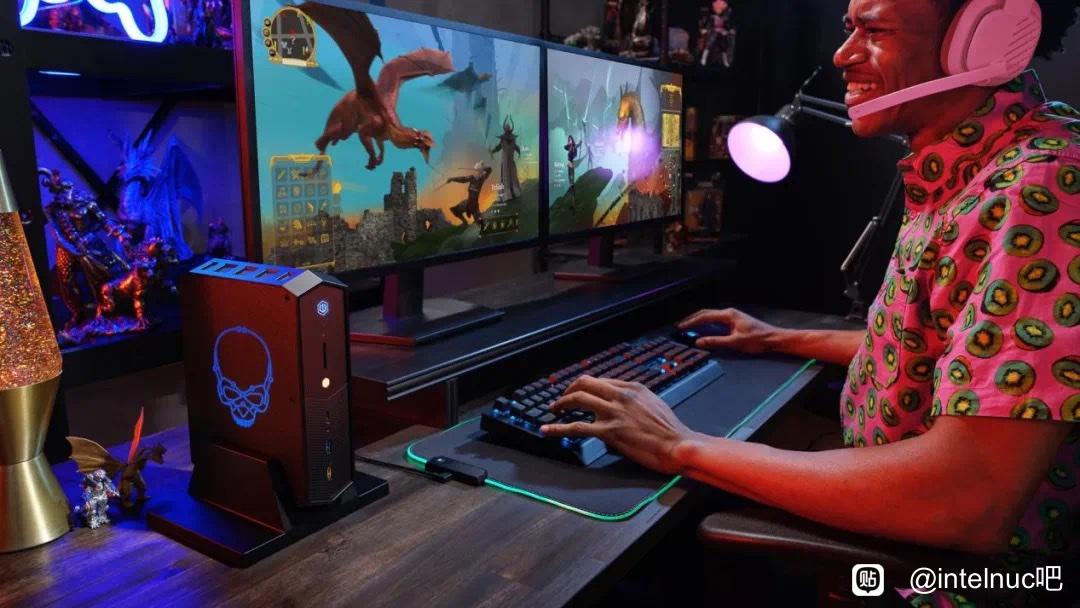E3 can be the beating heart of the games industry – it just needs to reinvent itself
Just resting

You’ll have seen the news by now: E3 2023 is cancelled. Pack away your lanyards and pull all those granola bars out of your backpack, you won’t need them now. This was to be E3’s first in-person affair since 2019, the first since covid disrupted normal life and quickly made the concept of thousands of people looking at games under one roof feel like pure fantasy.
E3 went ahead as a digital experience in 2021, and that felt fine under the circumstances. But most of us expected that it was just a stop-gap until crowd gatherings was safe and enjoyable again. At least, as enjoyable as being elbowed in the ribs while queueing for a playable demo of Resident Evil 7 in 40-degree heat can be. Thanks for the memories, games conferences.
But E3 2023 just didn’t attract enough publisher interest. That’s the consensus. Platform holders Microsoft and Sony were the first to announce they wouldn’t be in attendance, and that set a tone. Ubisoft, Tencent, Sega et al followed. And that left the Electronic Entertainment Expo without a raison d’etre.
There’s also increasing competition in the digital realm via the Future Game Show and via in-person events like Summer Games Fest. ReedPop, the company enlisted to bring E3 back for the first time since 2019, faced stiffer competition than ever and harder discussions with publishers to tempt them into exhibiting interactive experiences.
But this doesn’t have to be it for E3.
There's still a hunger
The fact that there is such competition from rival events tells us that there’s still an appetite for the event, and the format. We’re always going to want to hear new stuff about big games.
E3 needs to reinvent itself. The conference needs to consider: what valuable experiences can only happen in person, and that gamers actually care about? Because showfloor presentations and demo booths of upcoming games – that’s only scratching the very surface of that question.
Sign up for breaking news, reviews, opinion, top tech deals, and more.
In an adjacent space, major esports tournaments like The International and the Fortnite World Cup canpack out an arena and pull in more than 2 million viewers. Watching esports is watching sports – you’re following personal storylines, enjoying the spectacle of competitors who’ve honed a skill to an absurd degree, getting caught up in it and rooting for certain outcomes.
Which is to say, it’s a fundamentally different experience to turning up at E3 or tuning in and letting a conveyor belt of new game info rush past you while your fingers hover over the screenshot shortcut keys for meme-ing purposes.
But what if these two endeavors combined?
A new kind of E3
There’s a good reason new games don’t tend to get announced during esports events: those events are solely and squarely focused on one game. The audience cares a lot about that one game. Simply put, you just don’t want to hear about the new Battlefield in the middle of a CS:GO tournament, nor would Valve let EA shoehorn its rival product into proceedings.
But a more game-agnostic esports event has potential. What if the E3 of the future cashed in its cultural cache and hosted several esports tournaments – Epic’s there hosting a Fortnite final, Riot’s putting on a Valorant tourney, Blizzard’s trying to make competitive Overwatch look like something legible and comprehensible… Or, more realistically, a place where publishers and IP holders can combine forces and audiences to generate a bit of momentum for the B-tier esports games. The titles that can’t yet pull in 2m viewers but might get some eyes on them as part of a program full of varied esports events.
In this IP-agnostic space, the gaps between matches become like the ad space in the Superbowl halftime break. This is the perfect time for an Ubisoft conference. For someone to take to the floor and announce another Rabbids game, in time-honored tradition, except they’re doing it for an audience with another reason to be tuning in besides the announcements themselves.
And, of course, some of that audience is right there in person. They have a good reason to be there, too – to watch competitive gaming happen live and cheer for their teams or players. But now they get to mosey down to some demo booths in between matches and see what this new ‘Half-Life 3’ thingy is all about.
Look, it’s hare-brained. The security, the zoning, the IT infrastructure, it all sounds like a nightmare. But with just one in-person event taking place in the last four years, maybe what E3 needs right now is a bit of hare-brained thinking. Something that shakes up the status quo so radically that major publishers reconsider their stance. And perhaps, one day, platform holders too.

Ad creative by day, wandering mystic of 90s gaming folklore by moonlight, freelance contributor Phil started writing about games during the late Byzantine Empire era. Since then he’s picked up bylines for The Guardian, Rolling Stone, IGN, USA Today, Eurogamer, PC Gamer, VG247, Edge, Gazetta Dello Sport, Computerbild, Rock Paper Shotgun, Official PlayStation Magazine, Official Xbox Magaine, CVG, Games Master, TrustedReviews, Green Man Gaming, and a few others but he doesn’t want to bore you with too many. Won a GMA once.